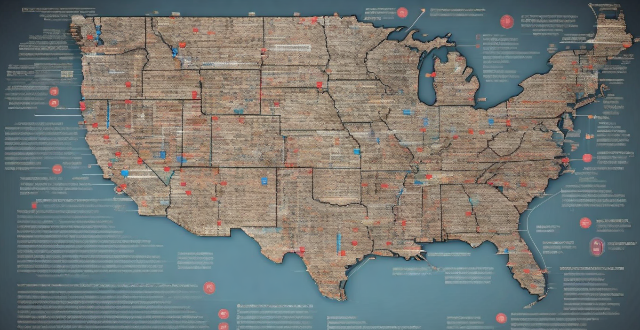The article discusses the critical role of individuals in achieving energy conservation and emission reduction policies. It emphasizes the importance of individual action, highlighting the collective impact of small changes and the potential for behavioral change. The article provides various ways individuals can contribute, such as reducing energy consumption, reducing waste, supporting renewable energy, and advocating for change. It concludes by emphasizing the power of individuals to bring about change and safeguard the planet for future generations.

The Role of Individuals in Achieving Energy Conservation and Emission Reduction Policies
Introduction
Energy conservation and emission reduction policies are crucial for mitigating the impacts of climate change. While governments and corporations have a significant role to play, individuals also hold a critical position in achieving these goals. This article discusses how individuals can contribute to energy conservation and emission reduction efforts.
Importance of Individual Action
- Collective Impact: Even small changes by individuals when multiplied by millions can lead to significant reductions in energy consumption and emissions.
- Behavioral Change: By adopting eco-friendly habits, individuals can inspire others around them, leading to a broader societal shift towards sustainability.
Ways Individuals Can Contribute
Reduce Energy Consumption
Home Energy Use
- Switch to Energy-Efficient Appliances: Choose appliances with high energy star ratings.
- Improve Insulation: Proper insulation can drastically reduce heating and cooling needs.
- Use Smart Thermostats: These regulate home temperature efficiently, saving energy.
Transportation
- Public Transportation: Using buses, trains, or carpooling reduces individual carbon footprints.
- Electric Vehicles: Switching to electric vehicles reduces reliance on fossil fuels.
- Bike or Walk: For short distances, biking or walking can replace driving.
Reduce Waste
Recycling
- Properly Recycle: Ensure materials are recycled correctly to avoid contamination.
- Composting: Organic waste can be composted, reducing methane emissions from landfills.
Consumption Habits
- Minimize Plastic Use: Opt for reusable bags, bottles, and containers.
- Buy Local and Seasonal: Reducing the carbon footprint associated with food transportation and storage.
Support Renewable Energy
- Solar Panels: Install solar panels at home to generate clean energy.
- Green Energy Providers: Choose energy suppliers that use renewable sources.
Advocate for Change
- Vote with Environmental Interests: Support political candidates who prioritize environmental policies.
- Engage in Community Events: Participate in local clean-up drives, tree planting, and other eco-friendly activities.
Conclusion
The collective actions of individuals play a vital role in achieving energy conservation and emission reduction targets. By making conscious choices in daily activities and supporting sustainable initiatives, each person contributes to a larger movement towards a greener future. It's essential for every individual to recognize their power to bring about change and act accordingly to safeguard our planet for generations to come.